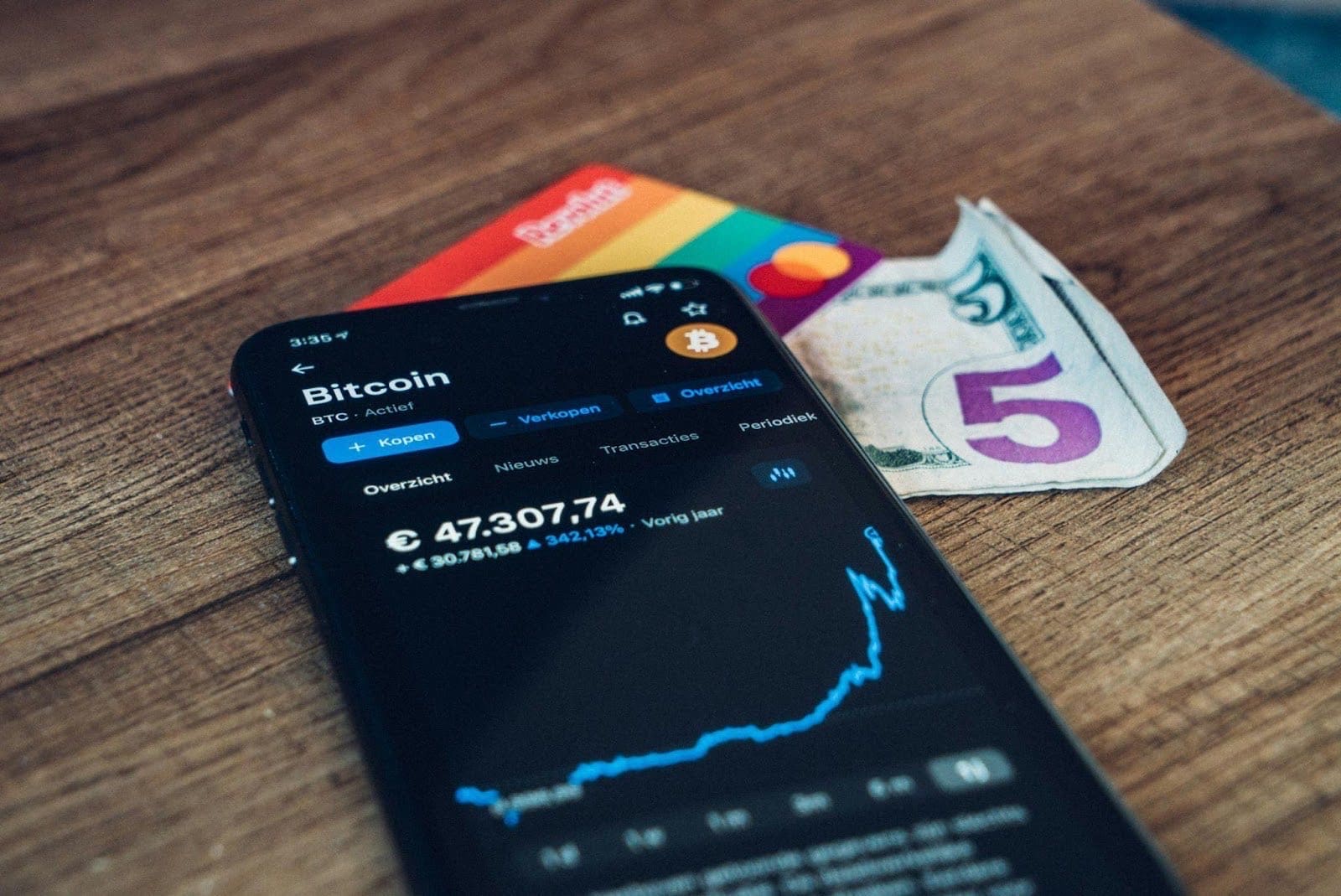Join Our Telegram channel to stay up to date on breaking news coverage
The world of cryptocurrency, particularly Bitcoin, can be fascinating for new investors. However, the dangers associated can be overwhelming. Whereas the opportunity for high returns is appealing, the market volatility and complexity pose major challenges. It is critical to avoid frequent traps when navigating this environment. To achieve success, avoid making these seven blunders while purchasing Bitcoin.
1. Lack of Research
One of the biggest mistakes new Bitcoin investors make is diving in without doing adequate research. Understanding the fundamentals of Bitcoin, like blockchain technology and how the cryptocurrency market operates, is imperative. Without it, you’re more likely to fall prey to misinformation and scams or make poor investment decisions.
Start by reading reputable sources about BTC and cryptocurrency investing. Watch educational videos or take an online course to further understand the nuances of this industry.
Crypto’s popularity has resulted in an unfortunate spike in fraud. Scammers utilize a variety of strategies to steal money or personal information, including fake exchanges, phishing schemes, Ponzi schemes, and malware. To protect yourself, always check the validity of the platforms from which you buy Bitcoin. Check for secure connections (https), read reviews, and avoid deals that seem too good to be true.
2. Ignoring Security Measures
When it comes to Bitcoin, security should be the main priority. Unlike traditional banking, where stolen funds may sometimes be recovered, BTC transactions are irreversible. If you get your funds stolen or lose access to your wallet, you won’t be able to recover it. Choosing the wrong wallet or not managing it properly can result in the loss of your currency.
There are two types of wallets: hot wallets, which are connected to the internet, and cold wallets, which provide offline storage. Each has its own merits and cons. For example, hot wallets are suitable for day-to-day transactions. Cold wallets, on the other hand, offer greater security for long-term storage. Use multiple wallets to strike a balance between security and convenience. Some ways to protect your investment include:
- Use trusted wallets and exchanges with strong security measures.
- Set up two-factor authentication.
- Use hardware wallets for significant holdings, and never reveal your private keys.
- Utilize a VPN when accessing your account.
- Use a separate email address for your cryptocurrency-related accounts to enhance your security.
3. Market Timings
Attempting to time the market is a common mistake among inexperienced investors. Bitcoin price is extremely unpredictable. Predicting short-term fluctuations in Bitcoin price is practically impossible. Many investors buy high for fear of missing out and sell cheap during a panic.
Consider the dollar-cost averaging technique. Dollar-cost averaging technique is a safe method for minimizing the risk of market timing errors. By investing a defined amount at regular times, such as monthly or quarterly, investors can mitigate the impact of price fluctuations and promote discipline. It can also prevent emotional decision-making motivated by fear or greed.
Over time, dollar cost averaging has the potential to reduce the average cost per bitcoin acquired. This offers a more stable entrance point into the marketplace. Investing in risky assets requires a long-term perspective, which fits with this method. It also allows you to gradually build a position.
4. Neglecting Tax Implications and Ignoring Regulatory Changes
Bitcoin transactions can have significant tax implications, depending on your country’s regulations. Ignoring these implications may lead to unexpected tax liabilities. Keep detailed records of all your transactions, including purchases, sales, and transfers. Consult with a tax professional to understand your obligations and report your activities accurately.
The regulatory system surrounding cryptocurrencies is continuously changing. Changes in regulations can have an impact on Bitcoin’s value. The legal status of your investment may be impacted. Stay current on regulatory development in your nation. Join communities and follow reputable news sources. Keep up-to-date developments that may influence your global investments.
5. Investing More Than You Could Afford to Lose
The allure of big gains in Bitcoin can be tempting for investors. However, it’s important to only invest the amount you can afford to lose. Consider your overall financial situation and ensure that your investment is a part of a diversified portfolio.
If BTC’s price falls significantly, as it is known to do, overinvesting can result in substantial losses and have an impact on your overall financial stability. It may also affect your future investment potential.
Naturally, significant losses can cause emotional distress, making it harder to make informed decisions. This could lead to additional financial blunders. Overcommitment may prevent you from diversifying your portfolio. A diversified portfolio reduces the risk by spreading investments across various assets, industries, and markets.
6. Overlooking Transaction Fees
Transaction fees are charged by Bitcoin exchanges and wallets to perform transactions on the blockchain network. Fees vary depending on several factors, including network congestion, transactions, and the exchange or wallet providers’ restrictions.
High costs might eat into your revenues, especially if you do several transactions. Before you make a purchase, compare fees across different platforms. Look for exchanges that offer transparent cost arrangements. Make sure to Consider the cost of purchasing and selling separately.
7. Lack of Clear Investment Strategy
Without a clear investment strategy, it is easy to make rash judgments based on market hype or panic. This can result in severe losses. Before making a purchase, determine your investment objectives and plans. If you’re seeking short-term gains, long-term investments or to simplify and diversify your portfolio, having a plan allows you to remain focused and avoid emotional decisions.
Putting all your money in crypto is risky due to the volatility of the market. It’s advisable not to concentrate all your funds on only one type of investment. Invest your money among different asset classes, such as equities, bonds, real estate, and cryptocurrencies. This can help reduce risk and increase your chances of financial success.
Many investors focus primarily on price changes. However, remember that fundamental analysis examines broader economic, financial, and technological aspects that drive the crypto market. Keep an eye on the Bitcoin acceptance rate. It’s also beneficial to follow Bitcoin-related technological advances and keep up with the latest regulatory developments. Understanding these aspects will allow you to make more informed financial selections.
Endnote
Investing in Bitcoin might be beneficial, but it also poses significant risks. To navigate the crypto market and boost your chances of success, you should avoid typical mistakes. Do your research carefully, implement effective security measures, develop a defined strategy, and diversify your investments.
Join Our Telegram channel to stay up to date on breaking news coverage


